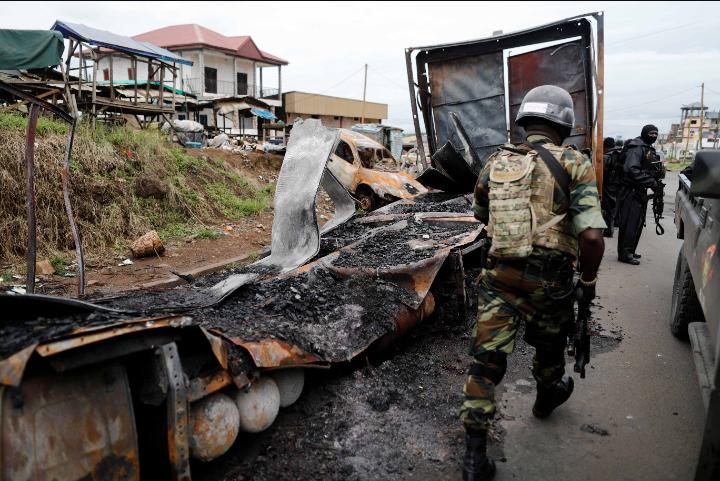The report was published today on Twitter by Ilaria Allegrozzi, who is a senior researcher at Human Rights Watch, in which she revealed that
“Armed separatists kidnapped John (not his real name), a medical doctor in Cameroon’s English-speaking North-West region, on February 27 and took him to their camp. They accused John of “not contributing to the struggle,” pointed a gun at his back, and threatened to kill him. He was released six hours later, after a 300,000 CFA [US $544] ransom payment.
“They said I had to give them money to support their struggle for independence, to buy guns,” John told Human Rights Watch. “They told me not to tell what happened to anyone; otherwise, they would kill me and anyone in my family.”
John’s story is far too common in Cameroon’s two Anglophone regions. Since 2017, armed separatists have kidnapped hundreds of people, including students, clergy, political leaders, and humanitarian workers, while calling for the Anglophone regions to separate. The separatists have enforced a boycott of education in the English-speaking regions to protest against what they perceive as the assimilation of the Anglophone education system into the central, French-speaking one.
This recent kidnapping occurred amidst a wave of renewed separatist violence over the past two months.
On February 13, separatist fighters killed three tribal chiefs in Essoh Attah village, South-West region, allegedly for refusing to hand over profits from their cocoa sales and for promoting education, according to media reports.
On January 9, suspected separatist fighters killed the principal of a high school in Eyumojock, South-West region, and wounded another principal from a high school in Tinto, South-West region, according to the UN Office for the Coordination of Humanitarian Affairs and media reports.
Separatists have hindered the delivery of humanitarian assistance and killed and tortured those who they suspect of collaborating with authorities and security forces. “We are at the mercy of their guns,” a 35-year-old resident of Bafut, North-West region, said. “Separatist fighters harass everyone. They ask for money, and if you are unable to pay, they threaten or kidnap you.”
Cameroon armed forces, who have conducted multiple abusive operations in the Anglophone regions, have to do better, to provide effective civilian protection. The United Nations Security Council and Cameroon’s international partners should make it clear to separatist leaders that there are consequences for these crimes, including through targeted sanctions, such as travel bans and asset freezes on those who bear responsibility for those committing the abuses.”
CC: Ilaria Allegrozzi


